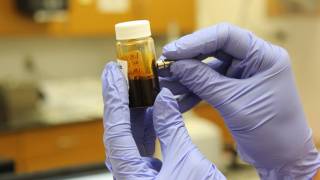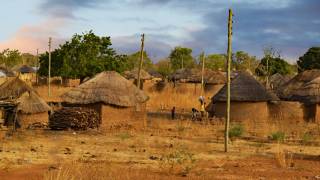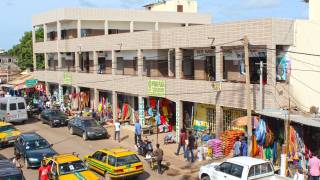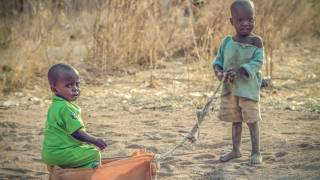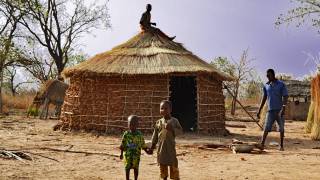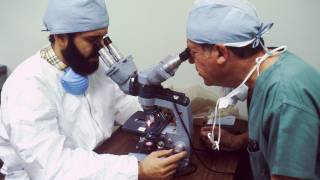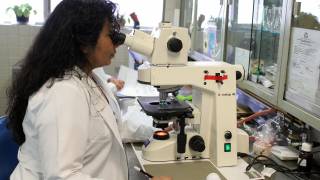Lassa Fever Vaccine Candidate GEO-LM01 Delivered 100% Protection in Mice
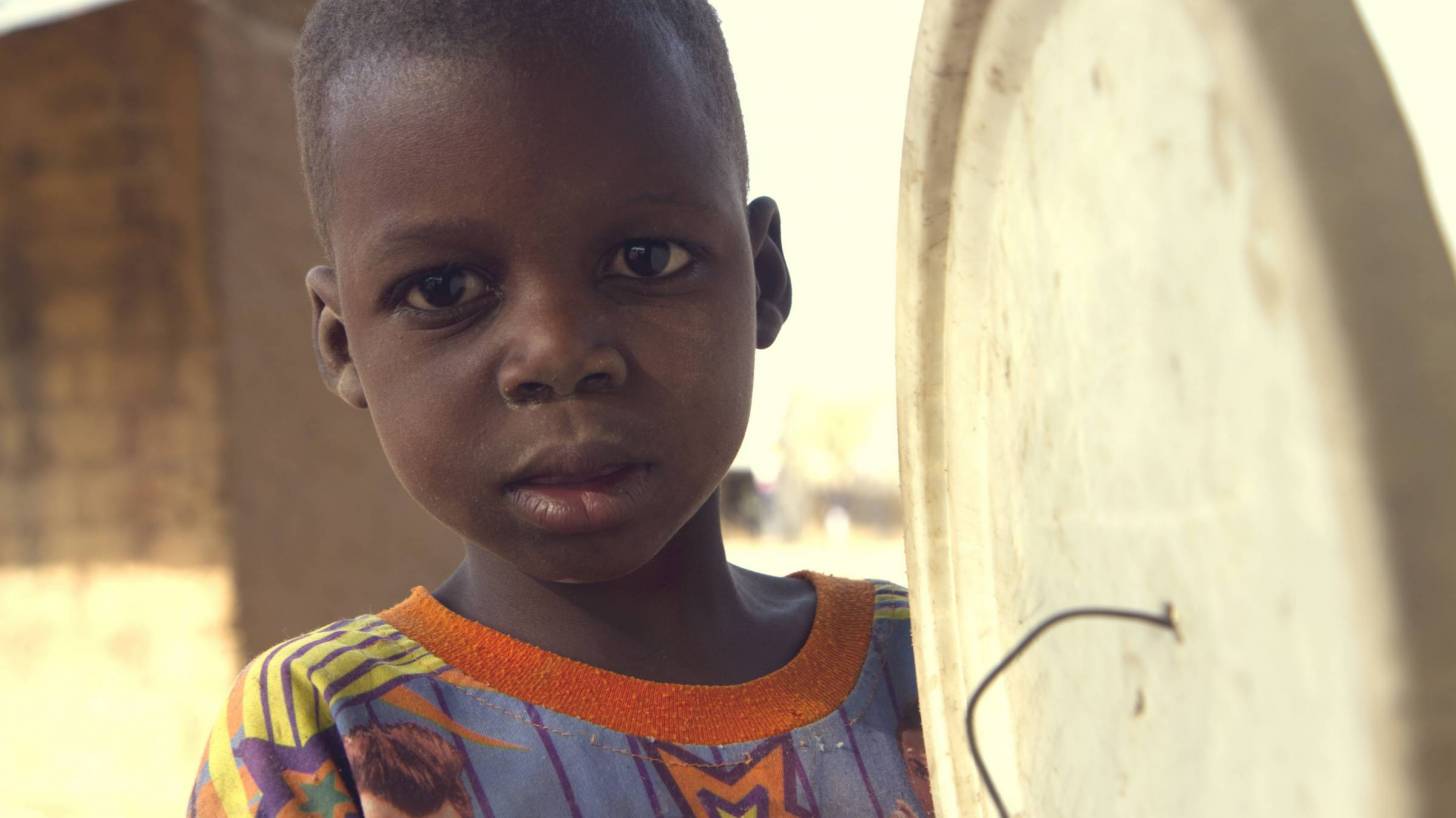
A biotechnology company announced the publication of its article entitled “A Single Dose of Modified Vaccinia Ankara Expressing Lassa Virus-like Particles Protects Mice from Lethal Intra-cerebral Virus Challenge.”
The paper published on September 4, 2019, features the GeoVax Labs Lassa fever vaccine, GEO-LM01.
This paper reports research showing that a single intramuscular dose of GEO-LM01 provided 100 percent protection in mice challenged with a lethal dose of ML29 (a Mopeia/Lassa reassortant virus) delivered directly into the brain.
According to GeoVax, this is the 1st report showing that a single dose of a replication-deficient MVA vector can confer full protection against a lethal challenge.
GEO-LM01 is one component of a multivalent hemorrhagic fever virus vaccine. The other vaccine components are for protection against the Sudan virus, Marburg virus, and Ebola virus.
According to Maria Salvato, a co-author of this paper and a Professor of Medicine at the Institute of Human Virology at the University of Maryland School of Medicine, "We expect MVA-LM01 to be safe for pregnant women and offer a greater breadth of coverage than simple subunit vaccines.”
This is potentially good news since the Lassa Fever surpasses Ebola, Marburg, and all other hemorrhagic fevers except Dengue, in its public health impact.
Lassa fever is an animal-borne, or zoonotic, acute viral illness. It is endemic in parts of West Africa including Sierra Leone, Liberia, Guinea and Nigeria.
Neighboring countries are also at risk, as the animal vector for Lassa virus, the “multimammate rat” is distributed throughout the region, says the US Centers for Disease Control and Prevention (CDC).
The illness was discovered in 1969 and is named after the town in Nigeria where the first cases occurred.
An estimated 100,000 to 300,000 infections of Lassa fever occur annually, with approximately 5,000 deaths.
Surveillance for Lassa fever is not standardized; therefore, these estimates are crude, says the CDC.
In some areas of Sierra Leone and Liberia, it is known that 10-16 percent of people admitted to hospitals annually have Lassa fever, demonstrating the serious impact the disease has on the region.
Farshad Guirakhoo, Ph.D., GeoVax’s Chief Scientific Officer, commented, “GEO-LM01 uses GeoVax’s proven MVA-VLP vaccine platform that has been shown to be safe and to induce durable antibody and T-cell responses in multiple human clinical trials for GeoVax’s prophylactic HIV vaccine.”
“Using the same platform, we have shown our Zika vaccine (GEO-ZM02) provided single-dose 100 percent protection in mice against an intracranial challenge, and that our Ebola vaccine (GEO-EM01) provided single-dose 100% protection in rhesus macaques.”
It is remarkable that a replication-deficient vector can induce full protection after a single dose as soon as 2 weeks post-vaccination.”
“Although we did not attempt to measure protection at earlier time points, it is possible that the full protection can be achieved even sooner.”
“We are looking forward to further development of this vaccine so it can be reached to people who need it most.”
GeoVax Labs, Inc. is a clinical-stage biotechnology company developing human vaccines against infectious diseases and cancer using a novel patented Modified Vaccinia Ankara-Virus Like Particle (MVA-VLP) based vaccine platform.
For more information, visit GeoVax.
Travel Vaccines published by Vax-Before-Travel
Our Trust Standards: Medical Advisory Committee


